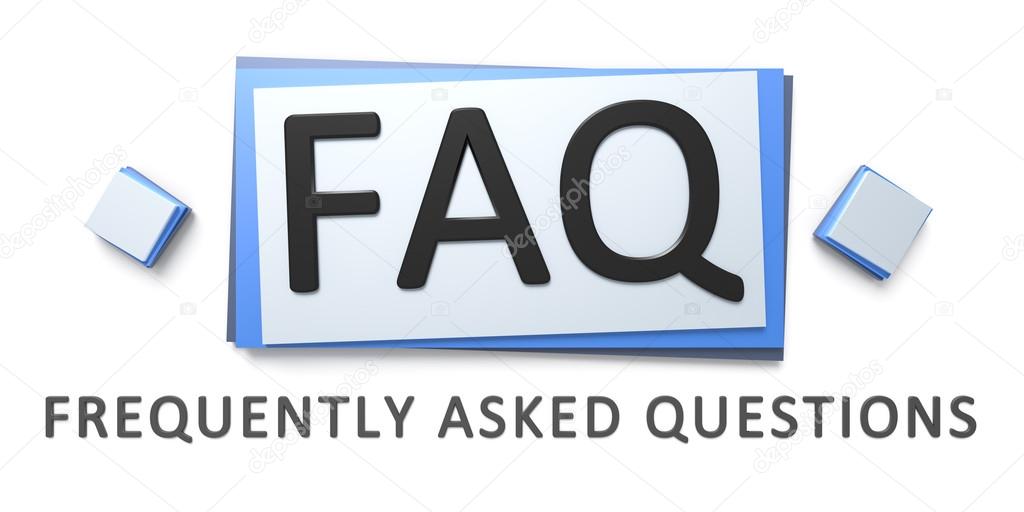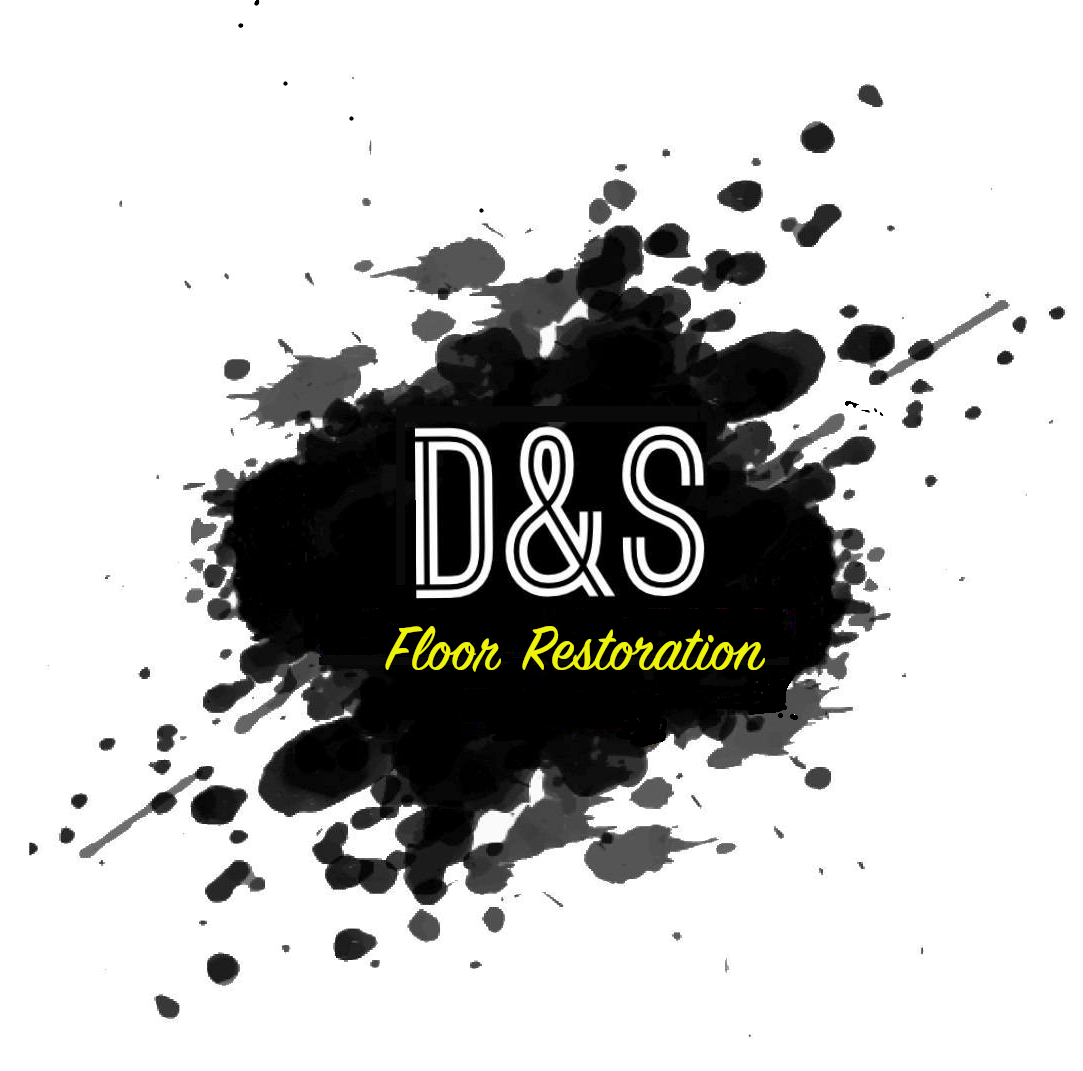
Have questions?
Floor cleaning is an essential part of household and commercial cleaning routines. It not only improves the appearance of floors but also helps in maintaining their longevity. However, cleaning floors can be challenging, especially if you are not aware of the proper techniques and products to use. In this blog, we will answer some frequently asked questions about floor cleaning to help you keep your floors in top condition.
Q: What days per week are you open?
A: Monday-Friday 9am-6pm
Q: Do you have a guarantee on your work?
A: Since we do not replace or install new floors, we cannot guarantee the outcome. Some floors may look better than others. If the customer did not sign a release, he/she has 48 hours to contact D&S with any issues. After 48 hours, it is possible the homeowner could cause damage themselves.
Q: Does screening and re-coating give you new floors?
A: No, screening will not give you perfect results. Screening focuses on repairing scratches on the floor.
Q: How many coats of polyurethane is put on the floor?
A: Generally 1 coat is required unless the technician elects to put an additional coat down. If the technician elects to place an additional coat, the customer will not be asked to pay for the additional coat. If the customer makes a request, additional coats of polyurethane can be added at an additional cost but additional coats can cause issues to the floor.
Q: After a screen and re-coat, what is the best way to clean hardwood floors?
A: Squeaky Cleaner by Basic Coatings is the best product to clean hardwood floors. You should use a soft microfiber mop to apply the solution. Avoid using abrasive materials, such as scrub brushes or steel wool, as they can damage the finish of the wood. Use a pH-neutral cleaner specifically designed for hardwood floors and follow the manufacturer’s instructions.
Q: Can I use vinegar to clean my floors?
A: Vinegar is an excellent natural cleaning agent that can be used to clean many types of floors. However, it is not suitable for all types of floors. Avoid using vinegar on marble, granite, and other natural stone floors as it can etch the surface. Also, avoid using vinegar on waxed floors as it can strip off the wax. For best results, dilute vinegar with water and use it to clean ceramic, vinyl, and laminate floors.
Q: How often should I clean my floors?
A: The frequency of floor cleaning depends on various factors, such as the amount of foot traffic, the type of flooring, and the presence of pets and children. Generally, it is recommended to clean high-traffic areas, such as kitchens and hallways, at least once a week. For low-traffic areas, such as bedrooms, once a month is sufficient.
Q: Can I use a steam mop on my floors?
A: Steam mops are an excellent tool for cleaning floors, especially for removing stubborn dirt and grime. However, they are not suitable for all types of floors. Avoid using steam mops on hardwood floors, as the heat and moisture can damage the wood. Also, avoid using them on laminate floors, as the moisture can seep into the seams and cause them to swell. Always check the manufacturer’s instructions before using a steam mop on your floors.
Q: How can I remove stains from my floors?
A: The method of removing stains from floors depends on the type of stain and the type of flooring. For example, vinegar and baking soda can be used to remove food stains from ceramic tiles, while hydrogen peroxide can be used to remove pet urine stains from hardwood floors. Always test a small, inconspicuous area first before using any cleaning solution on your floors.
In conclusion, proper floor cleaning is essential for maintaining the appearance and longevity of your floors. By following these frequently asked questions and using the proper techniques and products, you can keep your floors clean and beautiful for years to come. Do you have brick floors and have a hard time maintaining them? Read this article https://dscleanservices.com/how-to-clean-brick-floors/

